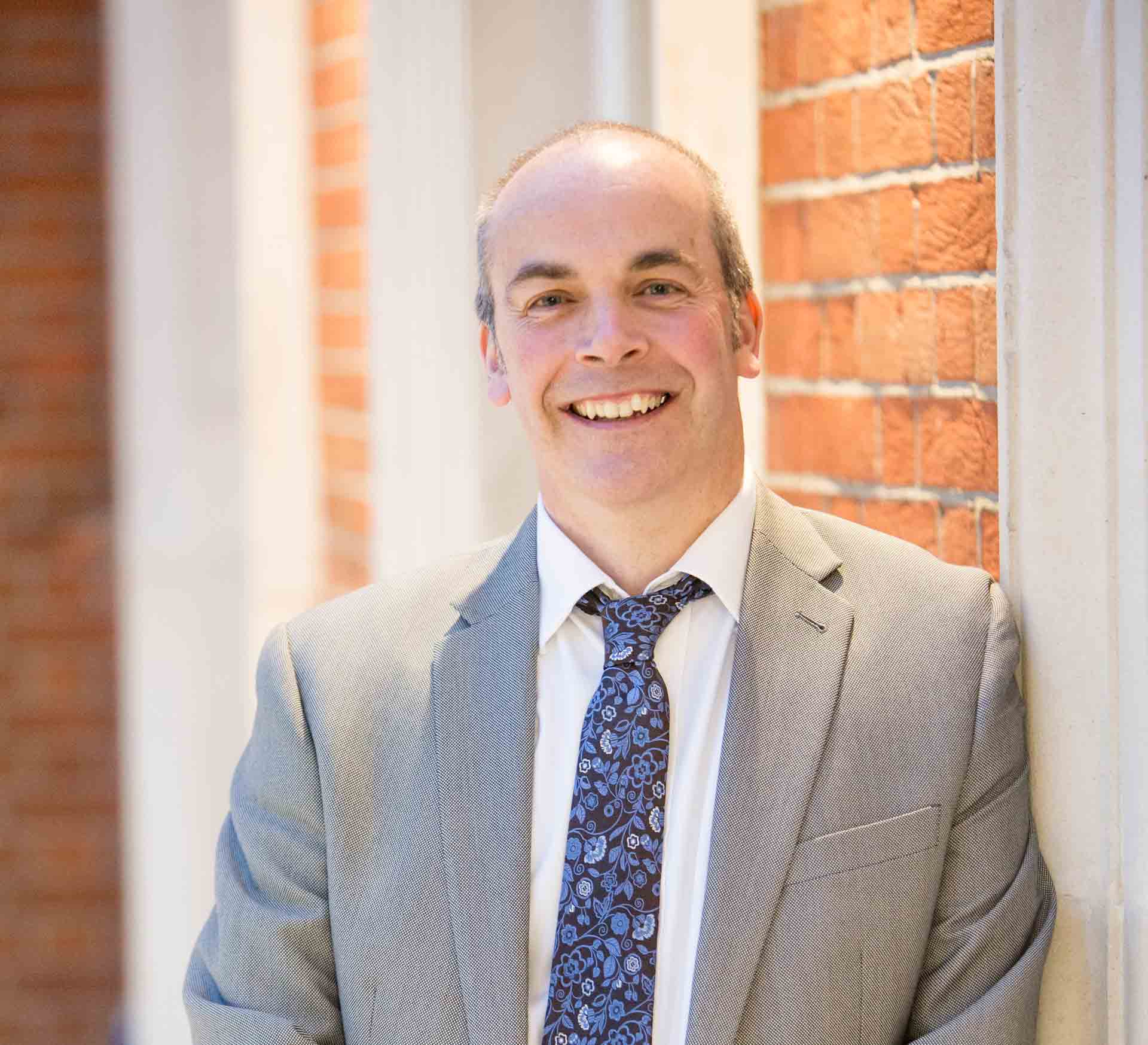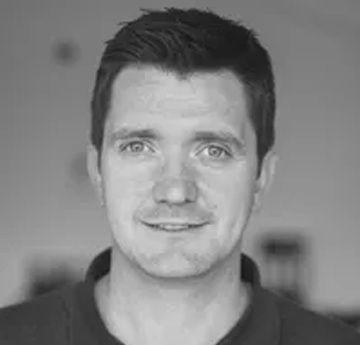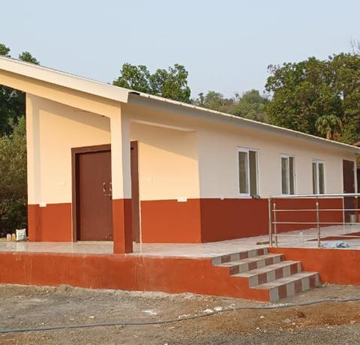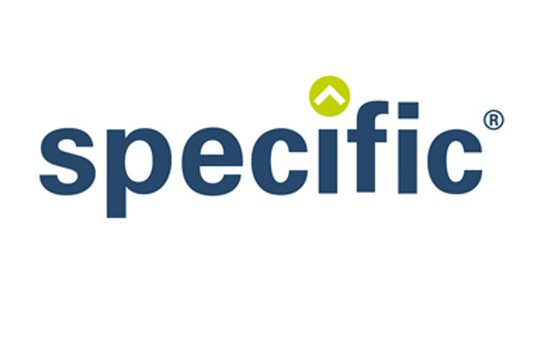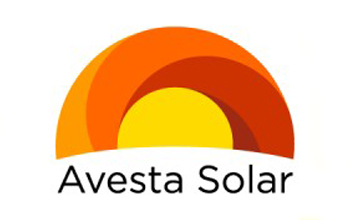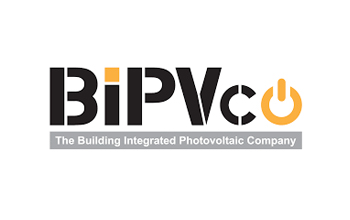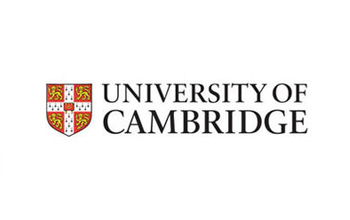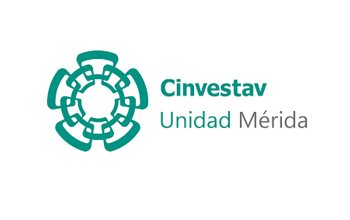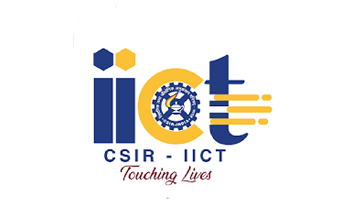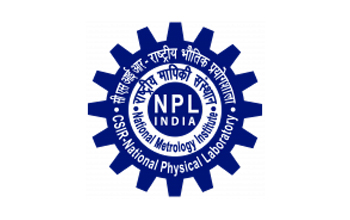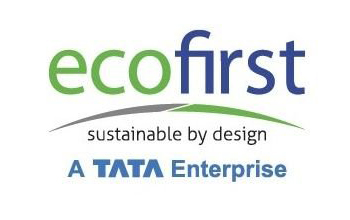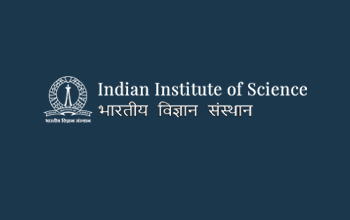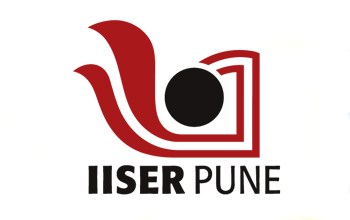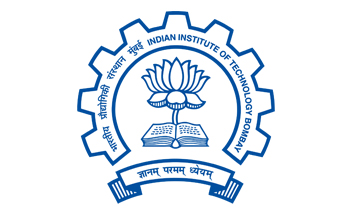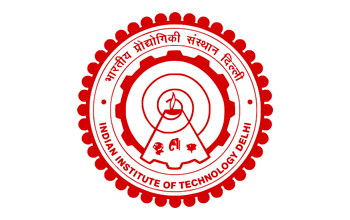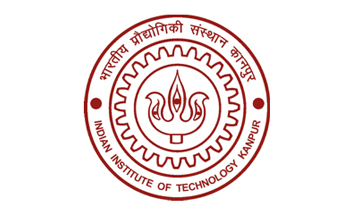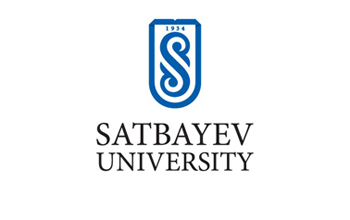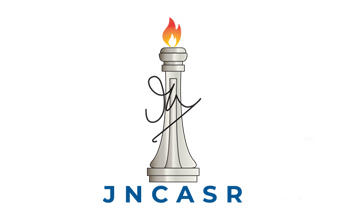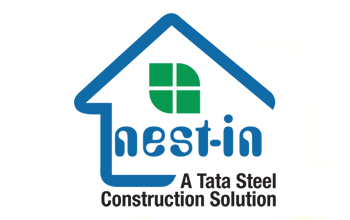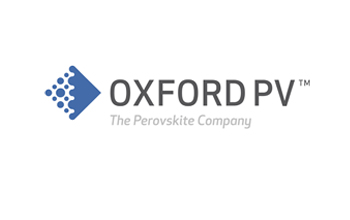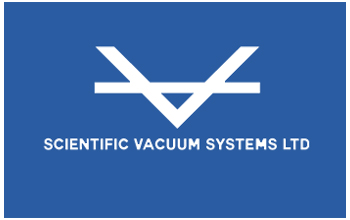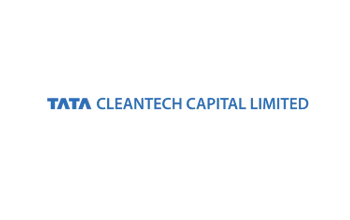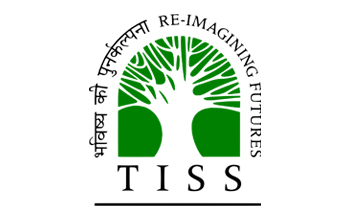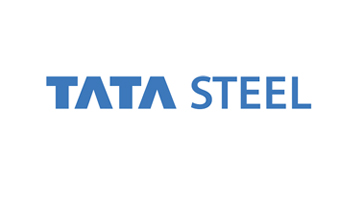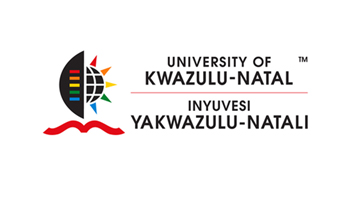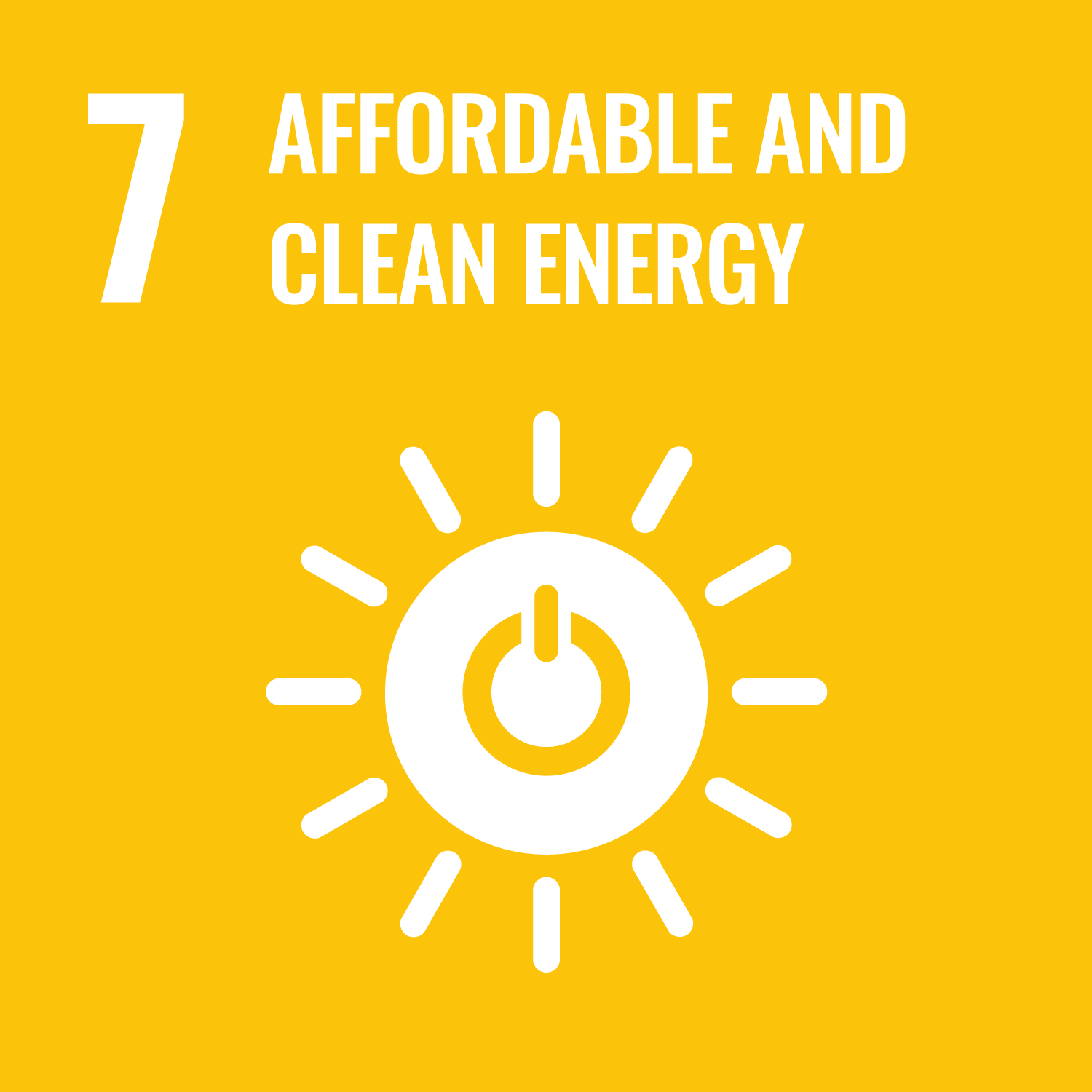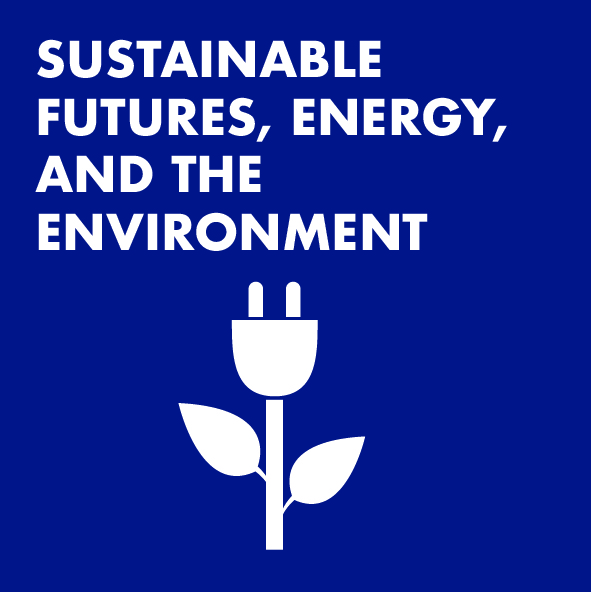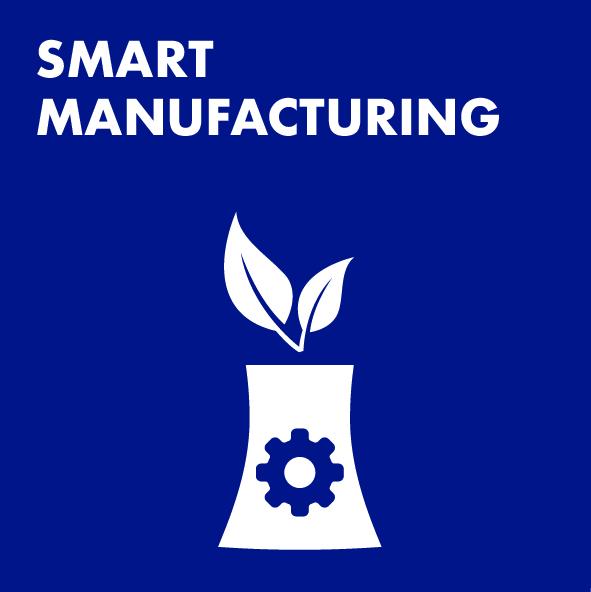The Challenge
Around 770 million people globally do not have access to electricity. In rural India, while most villages are connected to the grid, the supply is often unreliable and expensive. Widespread use of other energy sources such as kerosene and biomass have numerous health risks. Solar power is an ideal solution for remote parts of the world where the grid connection is poor or non-existent and there is an abundance of sunshine. The international SUNRISE collaboration was therefore formed in 2018 to design and deploy off-grid solar power technology to provide remote communities with affordable, reliable, sustainable energy.
While traditional silicon solar panels have become more cost effective over the last decade, recent advancements in a third-generation perovskite-based solar technology offer an affordable solution, which can be easily manufactured using common printing processes and low-cost, earth-abundant, sustainable materials.
Perovskite cells offer additional advantages over silicon such as the potential to be lightweight, flexible, and semi-transparent, making them suitable for a range of applications where silicon would not be appropriate. SUNRISE aims to accelerate the development, integration, and adoption of perovskites and other renewable energy technologies by uniting experts from the UK, India, Mexico, South Africa, and Kazakhstan.
The network engages several disciplines, from physics and engineering to social sciences, as well as industrial partners and user communities to support the translation of technologies into real-world applications.
The Impact
SUNRISE have designed and installed a full-scale building demonstrator in Khuded village in rural Maharashtra, India. While the village is connected to the grid, the electricity supply was unreliable and unaffordable for most residents. The building, called the Solar OASIS, uses building integrated solar (BIPV) to generate, store and release energy to be shared by the village residents. As well as providing lighting and battery charging, the building also acts as a flexible community space, powering a fridge, flour mill, and rice husking machine.
The SUNRISE project has also installed solar-powered micro-grids at two schools and a primary health centre in India, providing a back-up power supply to relieve issues with an inconsistent and unreliable grid.



